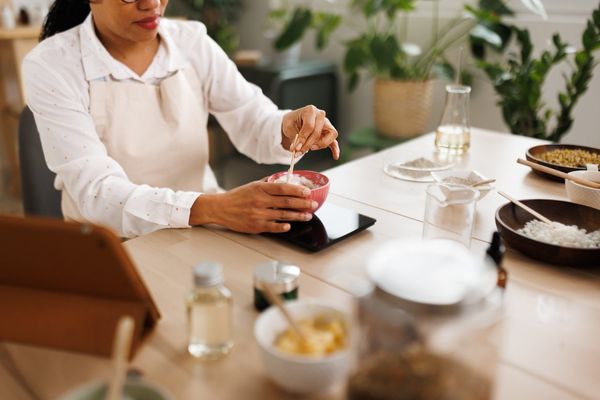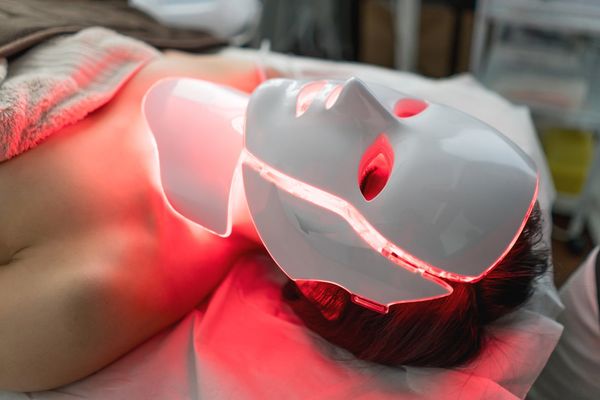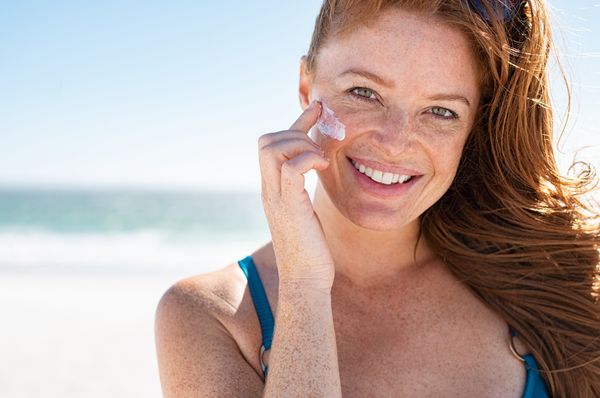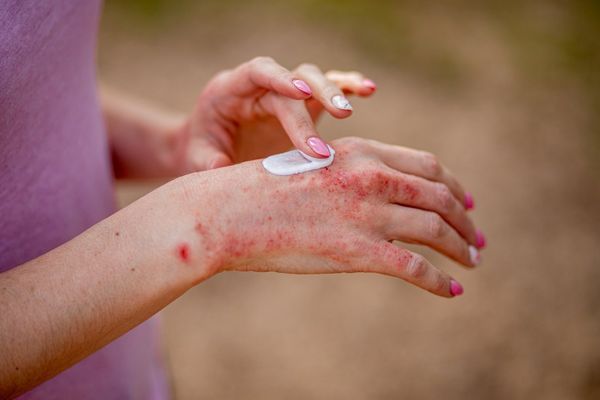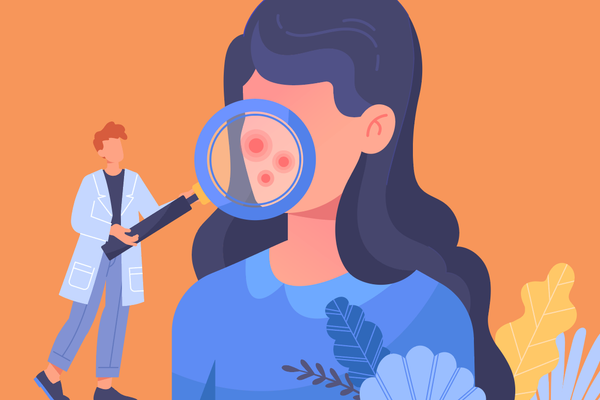When you think about things that cause wrinkles, sagging and age spots, you probably blame the sun.
And you'd be right: Sun exposure is the number one culprit in aging skin. But there are many other factors. Some we can control, and others we can't.
It's normal for the actual structure of your skin to change with age. Its outer layer thins, and the number of pigment-containing cells decreases, resulting in skin that appears thinner, paler and more translucent.
Remember the strong, firm skin you used to have? That strong and resilient framework and structure that supported your skin for so long is now getting tired; it's weaker and less elastic. And you may bruise or bleed more easily: that's because blood vessels become more fragile with age.
Our skin is also susceptible to irritants caused by pollution and harsh weather. And there's no doubt that your lifestyle and diet show up on your skin. Take a look at a smoker's complexion, and you're sure to understand the impact it can have. Smoking speeds up your skin's normal aging process. The changes can be seen after only 10 years of smoking, says the Mayo Clinic.
There's more. The forces of gravity, stress, obesity, facial expressions and even the way you sleep all have a hand in the way your skin ages.
Maybe you've been awarded the lucky genetic card. You know the one I'm referring to: the card that gave you those coveted genes for smooth, small pore, creamy and luminous skin, with few telltale signs of aging. Skin that looks gorgeous from the moment you lift your head off your silken pillow. Skin that looks airbrushed (only it's not).
But most of us don't fall into that category. When the cards were shuffled and dealt, we got the joker.
All jokes aside, there are ways you can deal with aging skin.
Protect, protect, protect. Sunscreen is a must—even in the winter and on cloudy days. The sun's UV rays are still capable of damaging your skin despite the cold, and most of these rays can also pass through clouds. Use an SPF of 30 or higher for best protection. Learn more about How to use Sunscreen the Right Way.
Handle with care. Because your skin has become more fragile, treat it that way. Avoid heavy scrubbing, which can irritate skin. With gentle cleansing, you can still remove things like pollutants, makeup and sweat, which, if left unchecked, can further irritate skin. You should wash your face twice a day, advises the American Academy of Dermatology.
Stay away from harsh skin-care products. If they burn or sting, it means your skin is being irritated, which in turn can make it appear older. Keep in mind that some prescription anti-aging products may cause stinging or burning (check with your dermatologist to make sure that's OK).
Use a moisturizer. It helps by trapping water in the skin, which can make it appear plumper and more youthful.
Don't tan. If you're after that bronzed look, the art of self-tanning has come a long way since the orange-y yesteryear glow. There are many options out there.
Adjust your lifestyle habits. Being physically active, eating a healthy and well-balanced diet and cutting down on alcohol can all influence the appearance of our skin in a good way. Exercise boosts your circulation. Lots of fruits and veggies can help prevent the damage leading to premature skin aging. And alcohol, which causes dehydration, can make your skin look older. (Speaking of dehydration, the jury is out on the anti-aging benefits of drinking plenty of water, but it can't hurt!)
If you think it's too late to do anything about your aging skin, it's not. Protecting it from the sun may help repair some of the damage. Good skin-care products, a healthy diet, plenty of physical activity and adequate sleep can give you a dose of extra-glow, too.
And for those who choose to go the professional route, there are loads of new treatments and minimally invasive procedures available from dermatologists that can help. Find out more about cosmetic skin procedures.
You might also want to read what I wrote about dry skin and menopause. Or get all the details on skin health.
- Cosmetic Skin Procedures ›
- Skin Health ›
- How to Treat a Sunburn ›
- Dry Skin and Menopause ›
- Treating Rosacea: The Best Ways to Get the Red Out ›
- Curious About Collagen? - HealthyWomen ›


